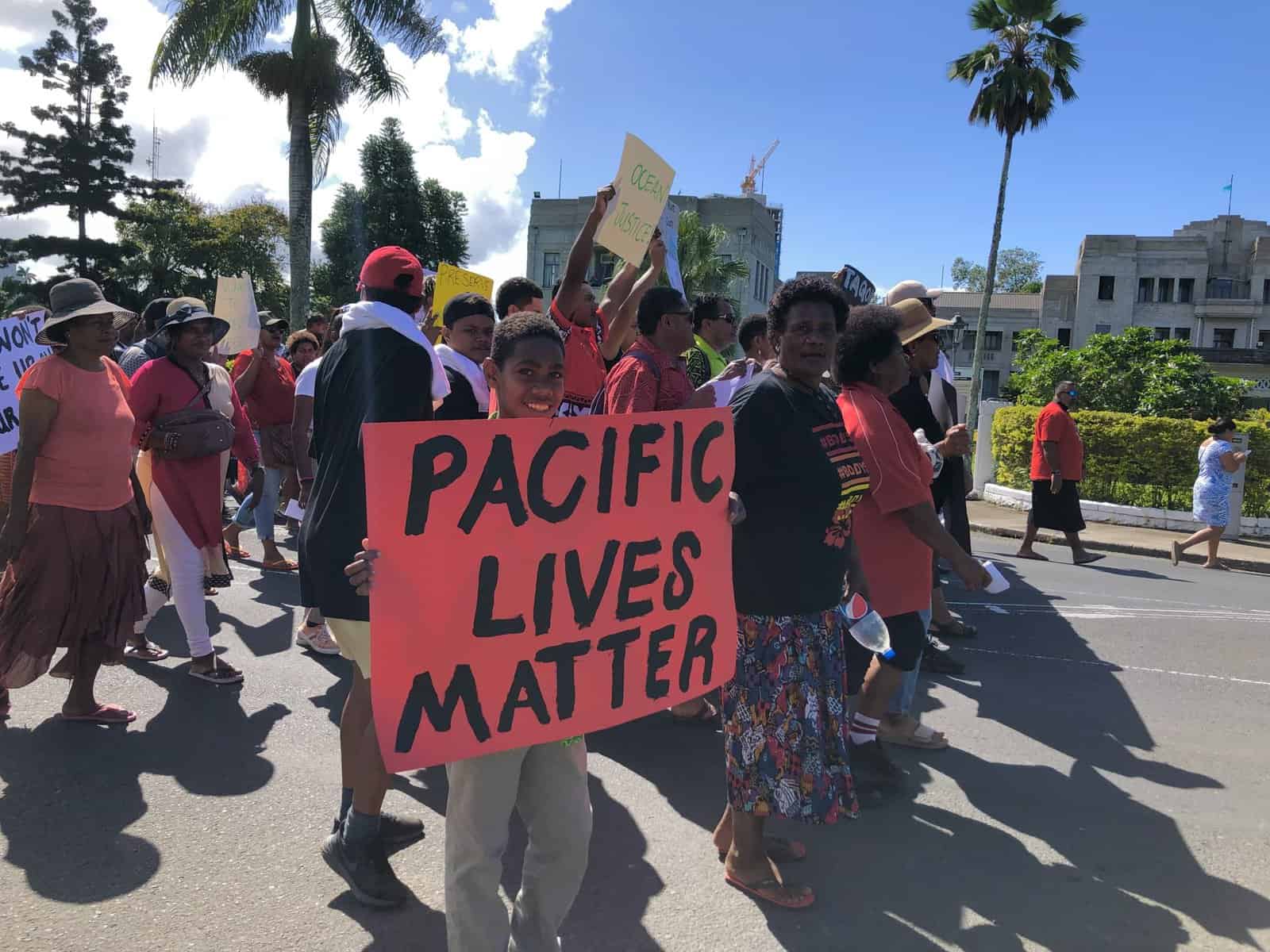Pacific remains divided
As Pacific Ocean experts gathered in Fiji in August to discuss the role of the Pacific Ocean Commission, Japan begun discharging more than one million tonnes of treated radioactive water from the Fukushima Daiichi nuclear power plant into the Pacific Ocean.
The Tokyo Electric Power Company (TEPCO) Holdings commenced the first round of release, which will continue for 17 days, to discharge 7800 tons of the radioactive wastewater.
The issue has divided Pacific Island nations.
Solomon Islands Prime Minister, Manasseh Sogavare . . .
Please Subscribe to view full content...
